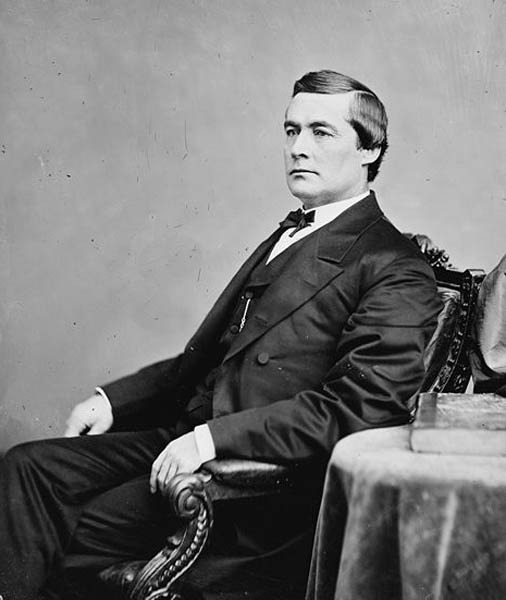Does a corporation have a responsibility to be ethical beyond its employees and shareholders?
Whenever this question has been asked in surveys, an overwhelming majority of people answer, “Yes!”

Here’s what one corporate chairman said about ethics in a memo:
“Employees of the Company are charged with conducting their business affairs in accordance with the highest ethical standards. An employee shall not conduct himself or herself in a manner, which directly or indirectly would be detrimental to the best interests of the Company or in a manner, which would bring to the employee financial gain separately derived as a direct consequence of his or her employment with the Company.”
Inside their ethics handbook they make clear that they have“…a responsibility to conduct [themselves] according to certain basic tenets of human behavior that transcend industries, cultures, economics, and local, regional and national boundaries.”
Along with the memo and the handbook, a “Certificate of Compliance” accompanies the packet asking employees and executives alike to sign-off on having read and agree to comply with all stated policies.
The last paragraph in the forward to the ethics handbook reads as follows:
“We want to be proud of Enron and to know that it enjoys a reputation for fairness and honesty and that it is respected. …Let’s keep that reputation high. [Signed] Kenneth L. Lay.”
Newspapers and the media have a fanatical zeal in exposing and detailing any misconduct from a corporate head to a sitting U.S. Senator. Recent headlines bear grim testimony to this.
When we look at ourselves, we tend to judge by our best intentions our most noble ambitions, our best actions. But the reality is, we judge others – and others judge us – by our last worst act.
As noble and action driven in fighting fraud and corruption as he was, former Governor Eliot Spitzer (Client 9) will forever be attached to the high-priced escort service that led to his ethical downfall.
At the end of the day, ethics is not about compliance, a values statement, or our best intentions. It’s about what we do.
Whether we are part of a corporate Board or a non-profit organization with a noble purpose, a sound, ethical infrastructure is as important as a sound, financial statement.
An effective code of ethics should cover a full range of ethical principles that apply to all members of the organization from executives on down. They should be clearly written, unequivocal and realistic. They should offer examples and explanations, and be fully enforceable from the top down. Any successful ethics programs should include training as well as updates to take in any issues that took place during the past year.
Lastly, in order to increase the credibility of the program, it is helpful to have an ethics officer or ombudsman – someone who can credibly receive complaints, investigate charges and conclude where violations have occurred.
Compliance is about what you must do. Ethics is about what you should do.
If you are a member of Board contemplating a decision, think about how it might look on the front page of the newspaper, because if your action is in any way questionable, sooner or later, it will more than likely end up there.
Comments











